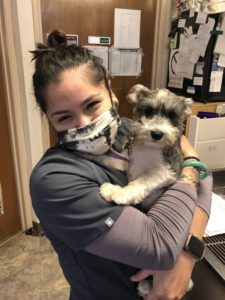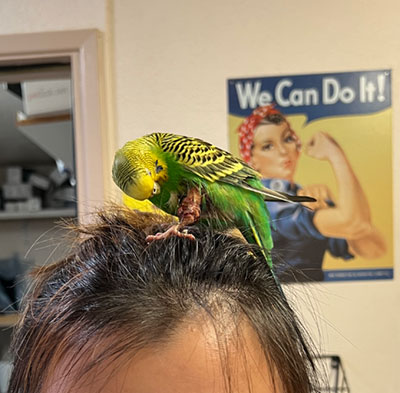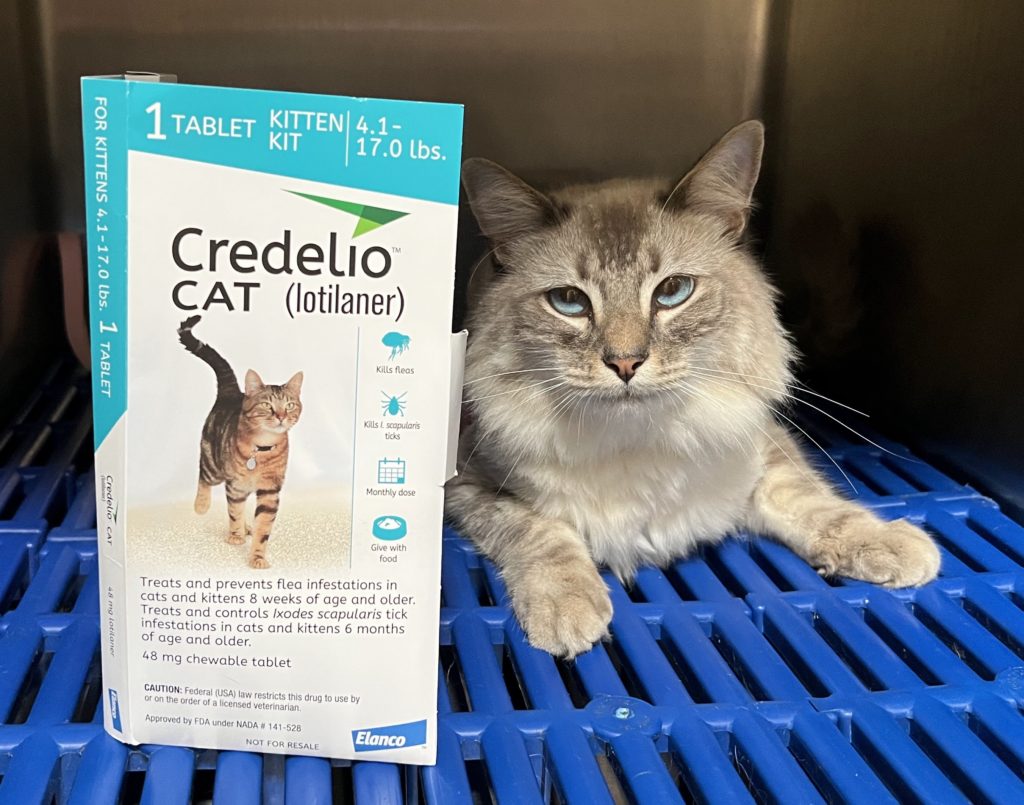Services >> Preventative Medicine
Puppy/Kitten Wellness

Puppies and kittens require more frequent check ups. At Moore Veterinary Care, we prefer quality over quantity. We WANT to see your new puppy or kitten each visit to record your pet’s weight, listen to their heart, ask about eating habits and exercise etc. Puppies and kittens are full of energy and each exam allows for a chance to help with behavioral concerns, diet and health. Furthermore, we want to monitor to make sure they outgrow possible medical issues or if it may be a future issue. We would rather catch it earlier than later.
For example, monitoring a mild heart murmur or their dentition to ensure proper alignment. We check them nose to tail each time! This also allows you to bring any questions you have to us each visit. Ask us about puppy and kitten packs on your appointment date!
Senior/Geriatric Wellness
We recommend annual wellness exams for adult dogs and cats between one and seven years old with no ongoing medical issues. Although the age at which dogs are considered a senior can vary by breed, we like to start seeing pets for bi-annual exams around age five to seven for large breeds and seven to ten for small breeds.

The same applies to cats, the breed, species etc are factors, but around the age seven we would classify the patient as senior. Like people, older pets have an increased risk of kidney disease, heart disease, cancer, diabetes, liver disease, senility, and general mobility. Geriatric patient are patients who are on the older side of senior and typically have ongoing or developing medical issues.
Staying on top of these issues helps improve the quality of life for your pet in the senior years. Mobility challenges and behavior changes are also more common with older pets. Medical management, immunotherapy (for cats) and k-laser therapy may be needed for older patients with various different pains. Small subtle things like not wanting to jump down or up, not playing as much, hiding or slowing down can all be signs of issues. They can’t tell us if or when something hurts. Book an appointment today if you are concerned your pet may be in pain.
Exotic Wellness

For our exotic friends we recommend getting a new patient seen regardless of the age. For younger healthy patients an annual exam is recommended and for our senior patients bi-annual is recommended. Think about the age, species and health of the patient when making an exam for an exotic. Exotic pets need exams as well to maintain good health, rather than just treating a sick patient. Wellness exams can also diagnose early signs of disease or concerns prior.
During the physical exam, a full inspection of the shell, skin, beak, wings, nails and other features dependent on the species will occur. During the appointment Dr. Moore will discuss proper diet for a pet, ideal living conditions and overall care as well. Certain testing dependent on the species may also be discussed as well. If you notice any cornering symptoms, like puffed avians hanging at the bottom of the cage, lethargy or inability to walk for a beardie, bubbles from the nares for tortoises/turtles or anorexia or decreased eating for rabbits or guinea pigs, please call us immediately.
Flea/Tick Prevention
We highly recommend dogs, cats and rabbits be on flea and tick prevention in Ventura County. We almost never go below forty degrees or above a hundred. The ocean breeze and mild humidity is the perfect breeding ground for fleas and ticks. Did you know that one flea can get a blood meal and lay up to 2,000 eggs in the environment within one hour? Our perfect weather and abundant wildlife means the fleas and ticks never go dormant and always have a host for a blood meal.

Flea Prevention
There are two factors to flea infestations/growth – the animal/blood source and the environment. If you see fleas on the patient or flea dirt (flea feces..yuck!), then you are most likely already infested and various measures must be taken. Fleas evolutionarily gave up their wings instead for the ability to effectively move through fur. They are sneaky and people will typically not notice fleas UNLESS they are infested. A flea prevention will be needed for all dogs, cats and even rabbits in the environment and environmental cleaning will be needed. To learn more about how to treat a flea infestation, please read here.
We recommend oral flea and tick prevention as systemic medication will last longer than any topical. A topical will typically start to fall off around day twenty one and if the flea burden is high then there is a chance a flea could break through and set up a prevention. We recommended all pets in the household AND indoor only patients receive flea prevention yearly. A flea prevention is just that, it helps to prevent an infestation, however, if there are enough fleas in the environment to overwhelm the prevention then environmental cleaning would be needed as well. Siphotrol spray, flea bombs, or an exterminator may be needed. Fleas are hungry and will go searching for a meal, i.e. your pet. All long acting systemic flea prevention is a prescription and will require a patient client relationship. Please contact us if you want to discuss what the best option is or get a refill of your medication.
Tick Prevention

Ticks can be found in any climate or location, but are prevalent in high grassy areas, damp and wooded areas. Ticks do not go dormant until it is below negative ten degrees. Ticks have the ability to dig into the skin, latch on and engorge itself on your pets blood. This can not only cause irritation to your pet, but can also spread tick borne diseases, such as rocky mountain spotted fever and lyme disease. These diseases may be fatal or cause severe health problems if left untreated.
If you know your dog or cat was bitten by a tick please monitor for lethargy, limping, fever, increased respiratory efforts and decrease or loss of appetite. If you notice any of these symptoms please call us. We recommend a yearly 4DX test looking for three tick-borne diseases and for any newly adopted dogs. To prevent ticks from being about to engorge and latch onto your pet and spread disease, we recommend tick prevention. All long acting systemic tick prevention is a prescription and will require a patient client relationship.
Heartworm Prevention

Heartworm has been found in all fifty states and is a lethal disease if left untreated. More than a million pets are infected with heartworm yearly. Heartworm is a parasite that is transmitted from mosquitoes and affects the heart lungs and pulmonary system. Once infected it is extremely costly and extensive to treat and will require months of crate or exercise restriction. The prevention is cost-effective, safe, effective and typically easy to dose (a flavored chew treat typically).
Prevention is a monthly medication and requires a prescription. At this time there is no natural method/medication to prevent heartworm. To make sure the prevention is working, an annual blood test is done during the annual to ensure that there was not a break in the barrier for the prevention. A heartworm can take months to test positive and testing annually ensures that your pet is heartworm free. There is also a guarantee by the company, if your dog tests positive for heartworm while on their heartworm prevention purchased from the clinic or our online store and has an annual heartworm test, you may qualify for partial or full payment for treatment. We have had positive cases of heartworm in Ventura County and we recommend monthly prevention. The best offense is a good defense. To learn more please visit The American Heartworm Society

